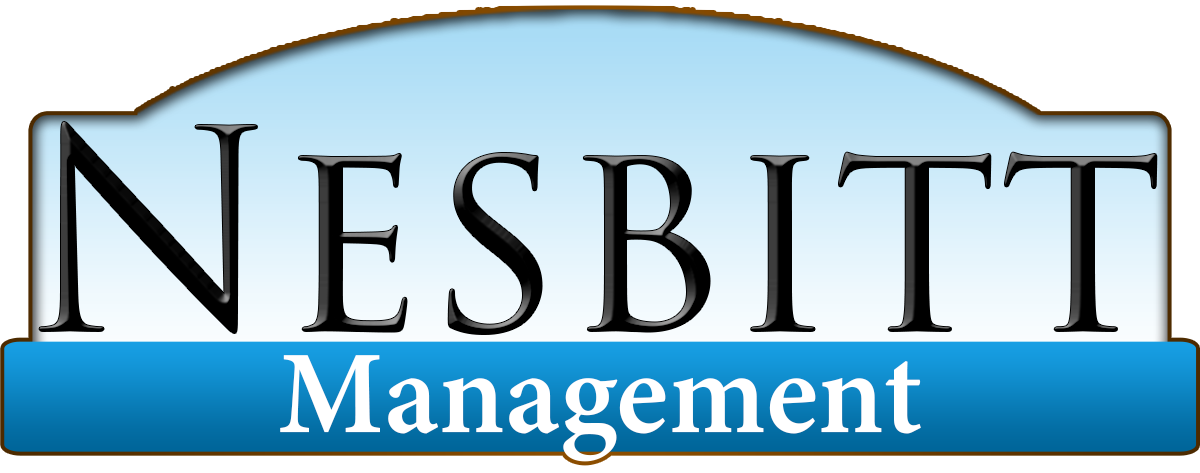1. Review the Lease Agreement
The first step in addressing a utility payment dispute is to revisit the lease agreement.- Check Terms: Ensure the lease clearly outlines who is responsible for each utility (electricity, water, gas, trash collection, etc.).
- Include Cost-Sharing Details: If utilities are shared, the agreement should specify how costs are divided among tenants.
- Refer to Addenda: If a utility addendum was included, confirm it aligns with the main lease terms.
2. Clarify Billing Issues
Disputes often arise from confusion over billing. Investigate the tenant's concerns:- Accuracy of Bills: Review utility bills for errors or unusual spikes.
- Billing Periods: Ensure charges align with the tenant's period of occupancy.
- Documentation: Provide copies of bills or statements to clarify charges.
3. Communicate Openly with Tenants
Transparent communication can help diffuse tensions and resolve misunderstandings:- Explain Charges: Break down the utility costs and how they were calculated.
- Listen to Concerns: Allow tenants to voice their issues and address them respectfully.
- Provide Proof: Sharing receipts or official bills can help establish credibility.
4. Negotiate a Resolution
If the tenant's dispute is valid or partially valid, seek a compromise:- Offer Payment Plans: For tenants facing financial hardship, propose staggered payments for outstanding utility bills.
- Split Unexpected Costs: For unforeseen spikes, consider sharing costs if the cause is ambiguous.
5. Prevent Future Disputes
A proactive approach can reduce the likelihood of utility payment conflicts:- Install Separate Meters: If feasible, install individual meters to ensure tenants only pay for their consumption.
- Include Utility Caps: Specify maximum utility allowances in leases for shared utilities, with excess costs clearly billed.
- Regular Communication: Provide tenants with monthly or quarterly utility usage summaries.
6. Seek Legal Advice If Necessary
In cases where disputes escalate or remain unresolved:- Know Your Rights: Familiarize yourself with local landlord-tenant laws regarding utility billing.
- Mediation: Consider third-party mediation to resolve conflicts without resorting to legal action.
- Legal Action: As a last resort, consult an attorney to determine the best course of action.
Conclusion
Handling tenant disputes over utility payments requires a mix of clarity, empathy, and proactive measures. By addressing disputes professionally and ensuring transparency in billing and communication, landlords can maintain positive tenant relationships while safeguarding their financial interests.Nesbitt Realty Version Ever had a tenant dispute a utility bill? We get it—it’s like arguing over who ate the last slice of pizza. At Nesbitt Realty, we’ve seen it all, from tenants disputing shared water bills to claiming their "essential oil humidifier" can’t possibly use that much electricity. The secret sauce? Communication and a rock-solid lease agreement. If your lease doesn’t clearly state who’s paying for what, you’re setting yourself up for a game of “not my bill!” Our tip? Install separate meters if you can—it’s like giving each tenant their own pizza. And if disputes arise, listen first, show them the numbers (bills don’t lie), and find common ground. If all else fails, we’re here to help mediate the process and keep the peace, because happy tenants make happy landlords. 😊
